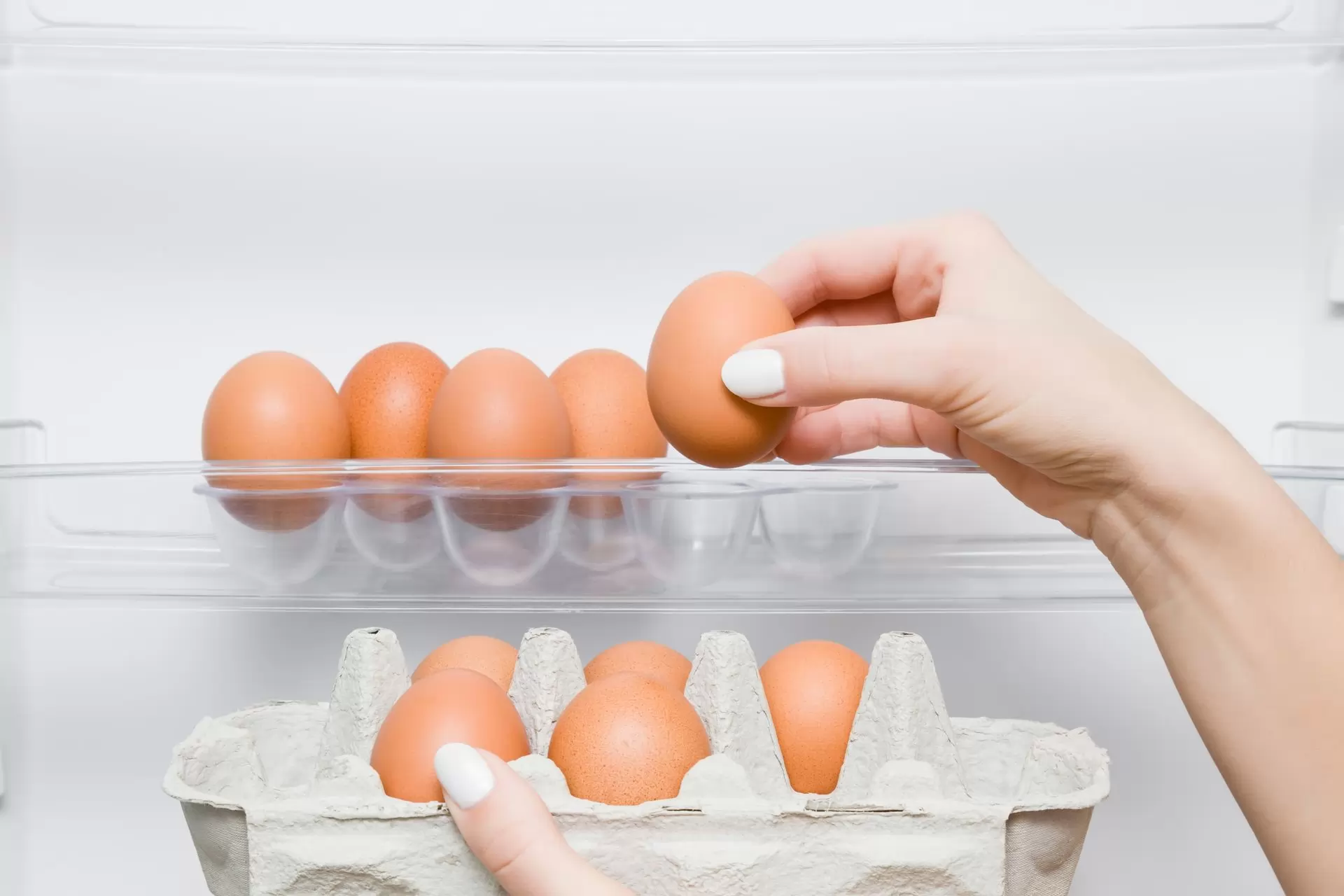

Articles
How To Store Eggs Properly
Modified: October 19, 2024
Learn the best methods for storing eggs to keep them fresh and avoid spoiling. Read our informative articles on proper egg storage techniques.
(Many of the links in this article redirect to a specific reviewed product. Your purchase of these products through affiliate links helps to generate commission for Storables.com, at no extra cost. Learn more)
Introduction
Welcome to the ultimate guide on how to store eggs properly. Eggs are a versatile and nutritious food that is a staple in countless dishes around the world. Whether you love your eggs scrambled, poached, boiled, or used as an ingredient in baked goods, keeping them fresh and safe is essential. Proper egg storage not only helps preserve their flavor and quality but also ensures their safety for consumption.
In this comprehensive article, we will delve into the importance of proper egg storage, the factors to consider, common mistakes to avoid, and provide you with practical tips on maximizing freshness and longevity.
So, come along as we explore the world of egg storage and empower you to make informed decisions that will keep your eggs fresh and delicious for longer periods.
Key Takeaways:
- Proper egg storage is crucial for maintaining freshness, quality, and safety. By following recommended practices, you can enjoy delicious eggs for longer, reduce waste, and minimize the risk of bacterial contamination.
- Understanding the effect of egg age on storage and avoiding common mistakes are key to maximizing egg freshness and lifespan. Choose the right storage method and container to ensure optimal conditions for your eggs.
Read more: How To Store Food Properly
Why Proper Egg Storage is Important
Proper egg storage is essential for several reasons. First and foremost, it helps to maintain the quality and taste of eggs. When stored correctly, eggs will retain their freshness, flavor, and texture, ensuring a delightful culinary experience.
Furthermore, proper egg storage plays a crucial role in food safety. Eggs are a perishable food item and can harbor harmful bacteria such as Salmonella. By following appropriate storage practices, you can minimize the risk of bacterial contamination and foodborne illnesses.
Proper storage is also essential for maximizing the shelf life of eggs. Extending the lifespan of eggs allows you to reduce waste and save money. By implementing the right storage techniques, you can enjoy eggs for a more extended period, reducing the need for frequent grocery store visits.
Additionally, proper egg storage helps to prevent unwanted odors and flavors from permeating the eggs. Eggs have porous shells, which means they can absorb odors from nearby strong-smelling foods. By storing them correctly, you can ensure that the eggs retain their natural taste and aroma.
To summarize, proper egg storage is crucial for preserving the quality, taste, and safety of eggs. By adopting the right storage practices, you can enjoy fresh, flavorful, and safe eggs for an extended period while minimizing food waste.
Factors to Consider for Proper Egg Storage
When it comes to storing eggs, several factors need to be considered to ensure their freshness, safety, and quality. Let’s take a closer look at these essential factors:
- Temperature: Eggs should be stored at a consistent temperature to maintain their freshness. The ideal temperature range for storing eggs is between 35 and 40 degrees Fahrenheit (1.7 to 4.4 degrees Celsius). Avoid storing eggs in the refrigerator door, as the temperature there may fluctuate more significantly.
- Humidity: Eggs require a moderate level of humidity to prevent them from drying out. The humidity level should be around 70-80%. If your refrigerator has a humidity control feature, set it accordingly. If not, you can place a small dish of water near the eggs to help maintain the desired humidity level.
- Position: Eggs should be stored with their pointed ends facing downward. The air sac inside the egg is located at the broader end, and storing them with the pointed end down helps to keep the yolk centered and reduces the risk of the yolk breaking.
- Protection: Eggs should be protected from strong odors and flavors. Store them away from foods with strong aromas, such as onions or garlic, as eggs can absorb these smells. It is also important to keep eggs away from foods that release moisture, as excessive moisture can degrade the quality of eggs.
- Container: Eggs should be stored in a clean and secure container. Using the original egg carton or a covered container designed specifically for egg storage is recommended. These containers help to protect the eggs from damage and further prevent odors from permeating them.
By considering these factors and implementing the appropriate storage practices, you can ensure that your eggs remain fresh, safe, and of high quality for an extended period.
Temperature and Humidity Requirements
Temperature and humidity play a crucial role in maintaining the freshness and quality of eggs. Let’s take a closer look at the ideal temperature and humidity requirements for proper egg storage:
Temperature: Eggs should be stored at a consistent and cool temperature. The recommended temperature range for storing eggs is between 35 and 40 degrees Fahrenheit (1.7 to 4.4 degrees Celsius). This temperature range helps to slow down the degradation process and extends the shelf life of eggs. It is important to note that fluctuations in temperature can negatively affect the quality of eggs, so avoid storing them in places where the temperature can fluctuate significantly, such as the refrigerator door.
Humidity: Maintaining the right humidity level is equally important for proper egg storage. Eggs require a moderate level of humidity to prevent them from drying out. The ideal humidity range for storing eggs is between 70% and 80%. If your refrigerator has a humidity control feature, adjust it to maintain the desired level. If your fridge doesn’t have this feature, you can place a small dish of water near the eggs to help maintain the required humidity.
Both temperature and humidity work together to ensure that eggs stay fresh and of high quality. Too high or too low humidity levels can negatively impact the eggs by causing the shells to become either too soft or too hard, making them more susceptible to bacteria and quality degradation. Similarly, extreme temperatures can lead to quicker deterioration of the eggs.
Remember to always check the temperature and humidity levels in your storage area and make adjustments as needed. By maintaining the proper temperature and humidity requirements, you can significantly prolong the freshness and quality of your eggs, providing you with delicious and safe eggs to enjoy.
The Effect of Egg Age on Storage
Egg age plays a significant role in their storage and overall quality. As eggs age, their quality gradually declines, making it important to understand the effect of egg age on storage:
Fresh Eggs: Fresh eggs, which are typically less than a week old, have thick egg whites, firm yolks, and strong shells. These eggs are best for recipes that require a runny yolk or poached eggs. When storing fresh eggs, it is essential to maintain the proper temperature and humidity to prevent any spoilage or deterioration.
Older Eggs: As eggs age, their quality begins to decline. The whites become thinner, making them more prone to spreading when cracked. The yolks start to flatten and lose their firmness. The shells may become weaker, increasing the risk of cracking. While older eggs can still be used for cooking, they are better suited for recipes that require fully cooked eggs, such as baking or hard-boiled eggs.
Egg Age And Storage: Storing eggs at the recommended temperature and humidity levels can help slow down the aging process and preserve their quality. However, it’s important to note that even with proper storage, the quality of eggs will gradually decline over time. It’s best to use fresher eggs for recipes that require a high-quality appearance, such as making omelets or fried eggs.
When it comes to using older eggs, it’s important to consider their safety. As eggs age, the risk of bacterial contamination, such as Salmonella, increases. It’s crucial to follow food safety guidelines and ensure that older eggs are fully cooked to minimize the risk of foodborne illnesses.
In summary, the age of eggs affects their storage and overall quality. Fresh eggs are best for recipes that require a runny yolk, while older eggs are more suitable for fully cooked dishes. By understanding the effects of egg age and practicing proper storage techniques, you can make the most out of your eggs and enjoy them safely and deliciously.
Store eggs in their original carton in the coldest part of the refrigerator, not in the door. This helps maintain their freshness and prevents absorption of strong odors.
Read more: How To Store Books Properly
Common Mistakes to Avoid in Egg Storage
Proper egg storage is crucial for maintaining freshness, quality, and safety. However, there are several common mistakes that people often make when it comes to storing eggs. Avoiding these mistakes can help ensure that your eggs remain in optimal condition. Here are some common mistakes to avoid in egg storage:
- Storing eggs at room temperature: One of the biggest mistakes is leaving eggs at room temperature for an extended period. Eggs should always be stored in the refrigerator to prevent bacterial growth and maintain their freshness.
- Washing eggs before storage: Eggs have a natural protective coating called the cuticle, which helps keep out bacteria and contaminants. By washing eggs before storage, you remove this protective layer, making them more susceptible to spoilage. It is best to only wash eggs right before using them.
- Storing eggs in the refrigerator door: The refrigerator door is the warmest area of the fridge and experiences the most temperature fluctuations. Storing eggs in the door can lead to quicker spoilage due to the changing temperatures.
- Using damaged or cracked eggs: Cracked or damaged eggs should never be stored or consumed. Bacteria can easily enter through the cracks, increasing the risk of contamination. It is important to discard any eggs with visible cracks or damage.
- Storing eggs near strong-smelling foods: Eggs have porous shells that can absorb odors from strong-smelling foods. Storing them near foods like onions, garlic, or fish can result in unpleasant flavors transferring to the eggs. Keep eggs stored separately or use a covered container to prevent odor absorption.
- Not rotating eggs: Eggs should be rotated in storage to ensure even distribution of temperature and humidity. This helps to prevent the yolks from settling, maintaining a centered position that reduces the likelihood of the yolks breaking.
By avoiding these common mistakes and following proper egg storage practices, you can maximize the freshness, quality, and safety of your eggs. Remember to always store eggs in the refrigerator, keep them away from strong-smelling foods, discard damaged eggs, and regularly rotate them to maintain their optimal condition.
Tips for Maximizing Egg Freshness and Lifespan
Maximizing the freshness and lifespan of eggs is essential to ensure their quality and safety. By following these tips, you can enjoy fresh and delicious eggs for a longer period:
- Buy Fresh Eggs: Purchase eggs from reputable sources and check the expiration or best-by date on the packaging. Fresher eggs will have a longer shelf life.
- Store Eggs in the Refrigerator: Eggs should always be stored in the refrigerator to prevent bacterial growth. The ideal temperature range for egg storage is between 35 and 40 degrees Fahrenheit (1.7 to 4.4 degrees Celsius).
- Use the Original Egg Carton: Store eggs in their original carton or use a covered container designed for egg storage. These containers protect eggs from impact and help to maintain their freshness.
- Keep Eggs Away from Strong Odors: Eggs have porous shells and can absorb odors from strong-smelling foods. Keep them stored separately or use a covered container to prevent unwanted odors from affecting their flavor.
- Don’t Wash Eggs until Ready to Use: Avoid washing eggs until you’re ready to use them. Washing can remove the natural protective coating, making eggs more susceptible to spoilage.
- Rotate Eggs: Regularly rotate the eggs in your storage container to ensure even distribution of temperature and humidity. This will help prevent the yolks from settling and keep them centered.
- Perform the Freshness Test: If you’re unsure about the freshness of an egg, you can perform a simple freshness test. Fill a bowl with water and gently place the egg in it. Fresh eggs will sink to the bottom, while older eggs will float or stand upright.
- Use Older Eggs for Fully Cooked Dishes: As eggs age, their quality declines. Reserve older eggs for recipes that require fully cooked eggs, such as hard-boiled eggs or baked goods.
- Check for Signs of Spoilage: Before using an egg, check for any signs of spoilage, such as a foul odor or discoloration. Discard any eggs that appear to be spoiled or have an unusual smell.
By following these tips, you can maximize the freshness and lifespan of your eggs, ensuring that you have tasty and safe eggs on hand whenever you need them. Enjoy cooking and baking with confidence, knowing that your eggs are in optimal condition!
Recommended Storage Containers and Methods
Choosing the right storage containers and methods can significantly impact the freshness and quality of your eggs. Here are some recommended options:
- Original Egg Carton: The original egg carton is designed to keep eggs protected and secure. It helps to prevent damage and allows for proper airflow. Place the egg carton in the main part of the refrigerator, away from temperature fluctuations.
- Covered Egg Storage Container: If you prefer a covered container, there are various options available specifically designed for egg storage. These containers provide added protection, preventing odors and flavors from permeating the eggs, and maintaining a steady temperature and humidity.
- Egg Skelter: An Egg Skelter is a popular choice for storing eggs. It is a spiral-shaped rack that holds eggs in a slanted position, ensuring that the oldest eggs are used first. This method allows for proper rotation and easy access to eggs.
- Egg Refrigerator Drawer: Some refrigerators come with built-in egg drawers, designed to hold eggs securely and maintain their freshness. These drawers typically provide a stable temperature and humidity environment, ensuring optimal storage conditions.
When using any storage container, it’s important to remember the following:
- Handle Eggs Carefully: Eggs are delicate, so handle them with care to avoid cracking or damaging the shells. Place them gently in the storage container to prevent any breakages.
- Store Eggs in the Main Part of the Refrigerator: The main part of the refrigerator has a more stable temperature compared to the door or other areas. Store your eggs there to minimize temperature fluctuations.
- Label the Storage Container: If you have multiple batches or different types of eggs, consider labeling the storage container with the date or any relevant information. This will help you keep track of freshness and ensure you use eggs in the correct order.
Choose a storage container and method that best suits your needs and available space. Whatever option you choose, remember to prioritize maintaining a steady temperature, humidity, and protection from strong odors to keep your eggs fresh and delightful.
When to Use Different Egg Storage Methods
Different storage methods can be employed based on the specific needs and circumstances. Here’s a guide on when to use different egg storage methods:
- Original Egg Carton: The original egg carton is suitable for short-term storage, typically up to a week. It provides protection and allows for proper airflow, helping to maintain the eggs’ freshness. This method is ideal if you plan to use the eggs within a few days after purchase.
- Covered Egg Storage Container: Covered storage containers are recommended for longer-term storage, especially when you want to preserve eggs for more than a week. These containers maintain a consistent temperature and humidity, preventing the eggs from drying out or absorbing unwanted odors. They are ideal if you have a larger quantity of eggs or if you frequently buy eggs in bulk.
- Egg Skelter: An Egg Skelter is a great option if you want to practice the first-in, first-out principle for using eggs. The design allows you to place the newest eggs at the top, and as you use eggs from the bottom, the older eggs naturally roll down for easy access. This method ensures that eggs are used in the order they were purchased or collected.
- Egg Refrigerator Drawer: If your refrigerator has a dedicated egg drawer, take advantage of it for storing eggs. These drawers are often designed to maintain optimal conditions for egg storage, including consistent temperature and humidity. They are a convenient option when you want to keep eggs readily accessible and in a stable environment.
Consider your specific needs, storage space, and the quantity of eggs you have when deciding which storage method to use. Prioritize using eggs within a reasonable timeframe to ensure their freshness and quality.
Remember, regardless of the storage method, it’s important to follow proper storage guidelines such as refrigeration, maintaining a steady temperature, and protecting eggs from strong odors. These practices will help maximize the shelf life and quality of your eggs.
By understanding when to use different egg storage methods, you can effectively maintain the freshness and safety of your eggs and enjoy them at their best for longer periods.
Read more: How To Store Egg
Conclusion
Proper egg storage is vital for maintaining the freshness, quality, and safety of this versatile and nutritious food. By following the recommended storage practices and avoiding common mistakes, you can enjoy fresh and delicious eggs for an extended period.
Remember to store your eggs in the refrigerator at a consistent temperature between 35 and 40 degrees Fahrenheit (1.7 to 4.4 degrees Celsius). Keep them in their original cartons or use covered containers designed for egg storage to protect them from damage and prevent absorption of strong odors.
Rotate your eggs regularly to maintain their optimal condition and use the oldest eggs first, especially if using an Egg Skelter or similar storage method. Avoid washing eggs until just before using them and be cautious with eggs that have visible cracks or damage.
By understanding the effect of egg age on storage, you can make informed decisions on which recipes to prepare based on egg freshness. Utilize older eggs for fully cooked dishes and reserve fresher eggs for recipes that require a runny yolk or poached eggs.
Choosing the appropriate storage container and method, such as the original egg carton, covered storage containers, or refrigerator egg drawers, can further enhance the longevity and quality of your eggs. Each method has its own benefits, so consider your needs and available space to determine the best option for you.
By implementing these tips and techniques, you can maximize the freshness, quality, and safety of your eggs, reducing food waste and ensuring that every culinary creation shines with the deliciousness of perfectly stored eggs.
Now armed with this comprehensive knowledge on proper egg storage, go forth and indulge in the delight of fresh, flavorful, and safe eggs in your favorite recipes!
Frequently Asked Questions about How To Store Eggs Properly
Was this page helpful?
At Storables.com, we guarantee accurate and reliable information. Our content, validated by Expert Board Contributors, is crafted following stringent Editorial Policies. We're committed to providing you with well-researched, expert-backed insights for all your informational needs.

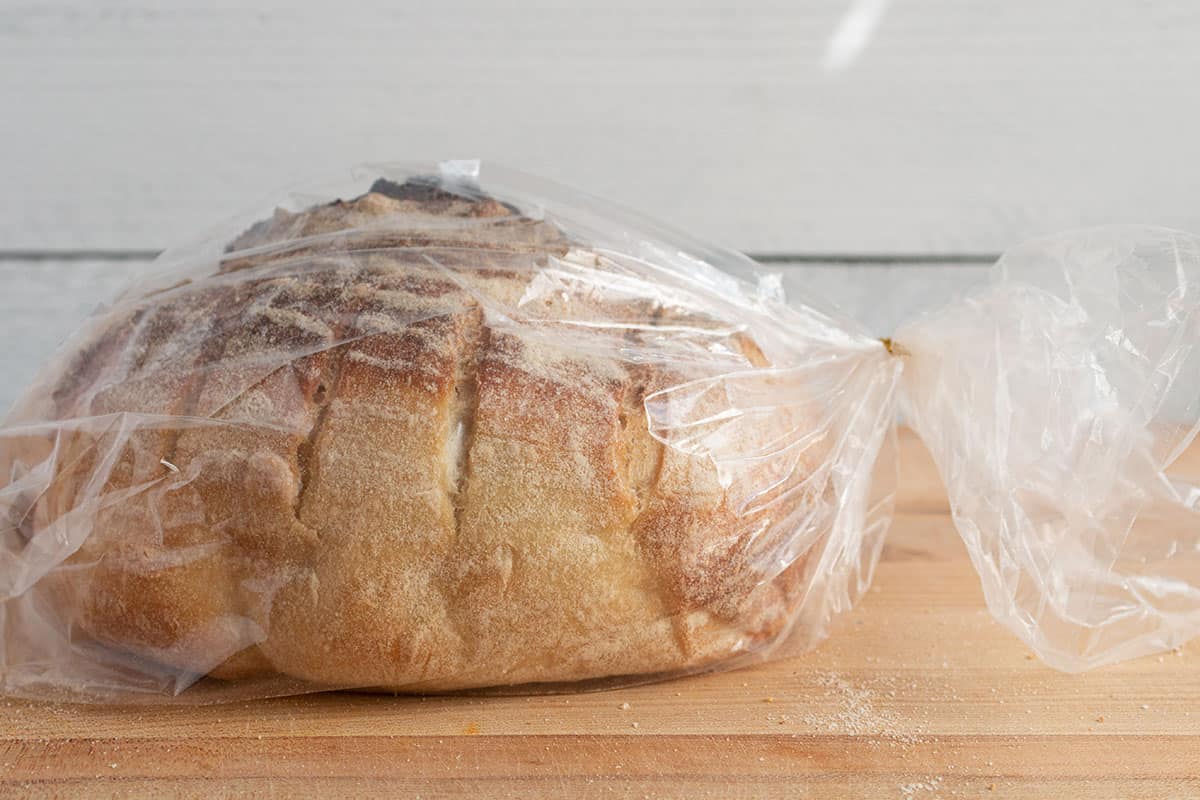


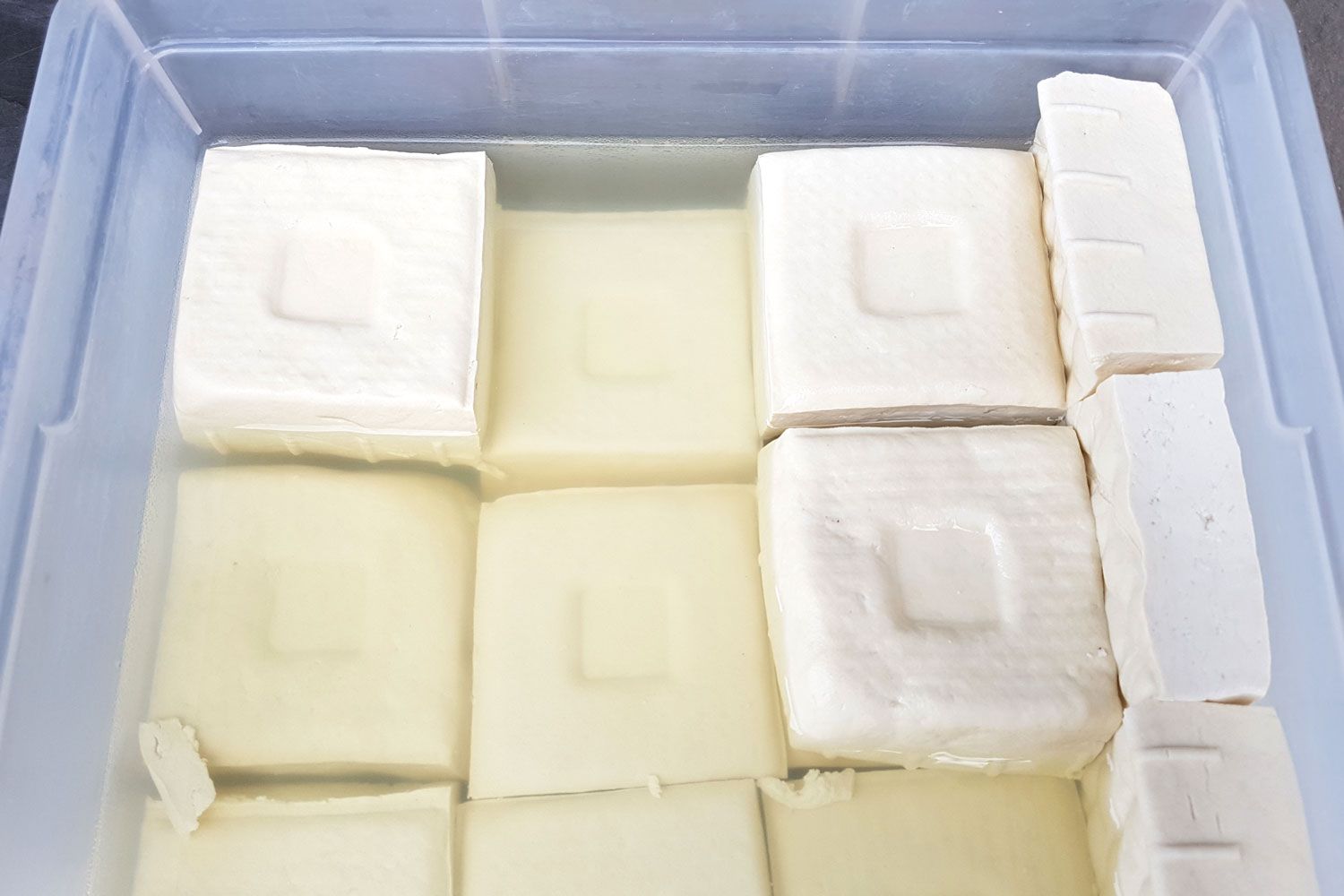

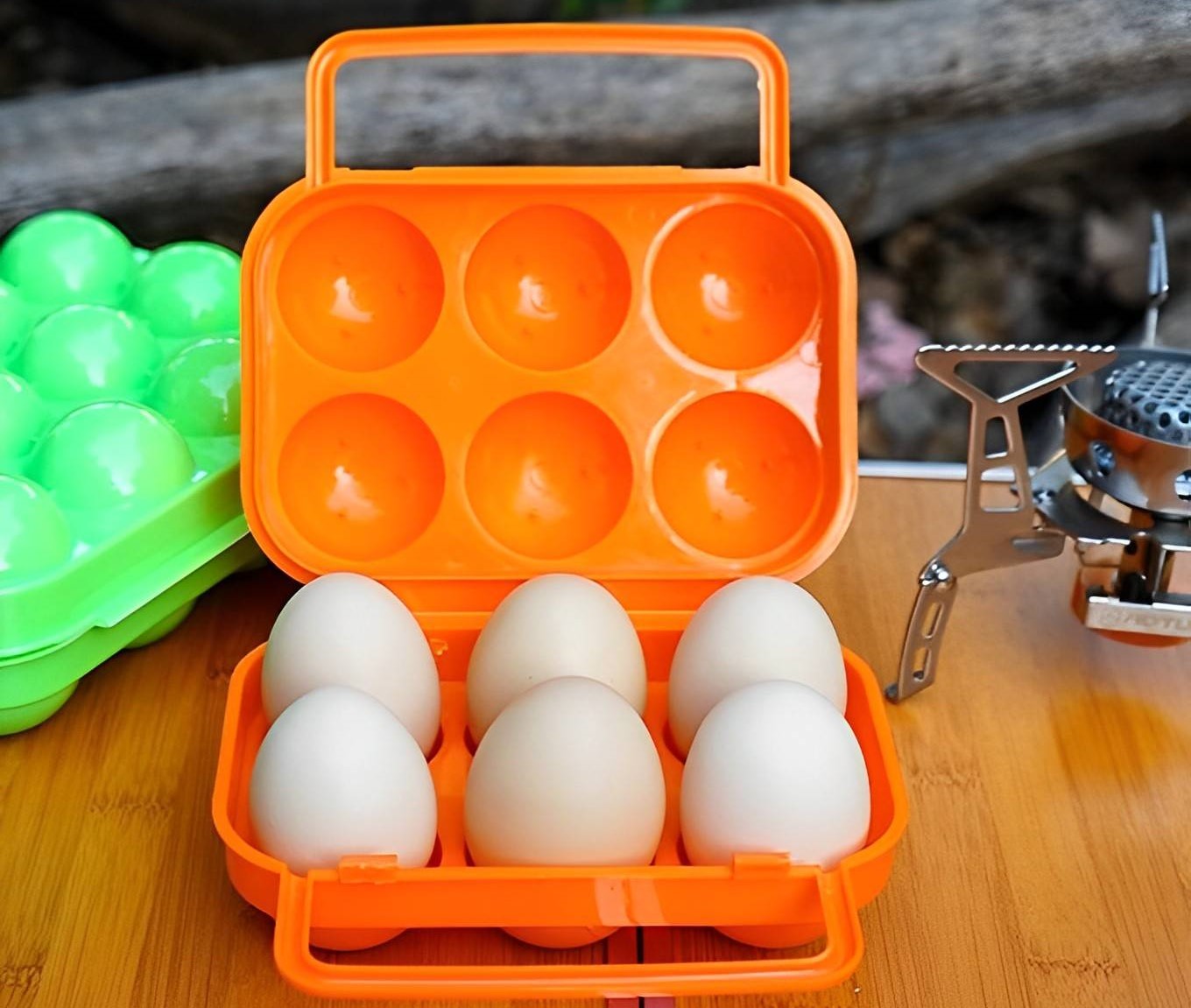

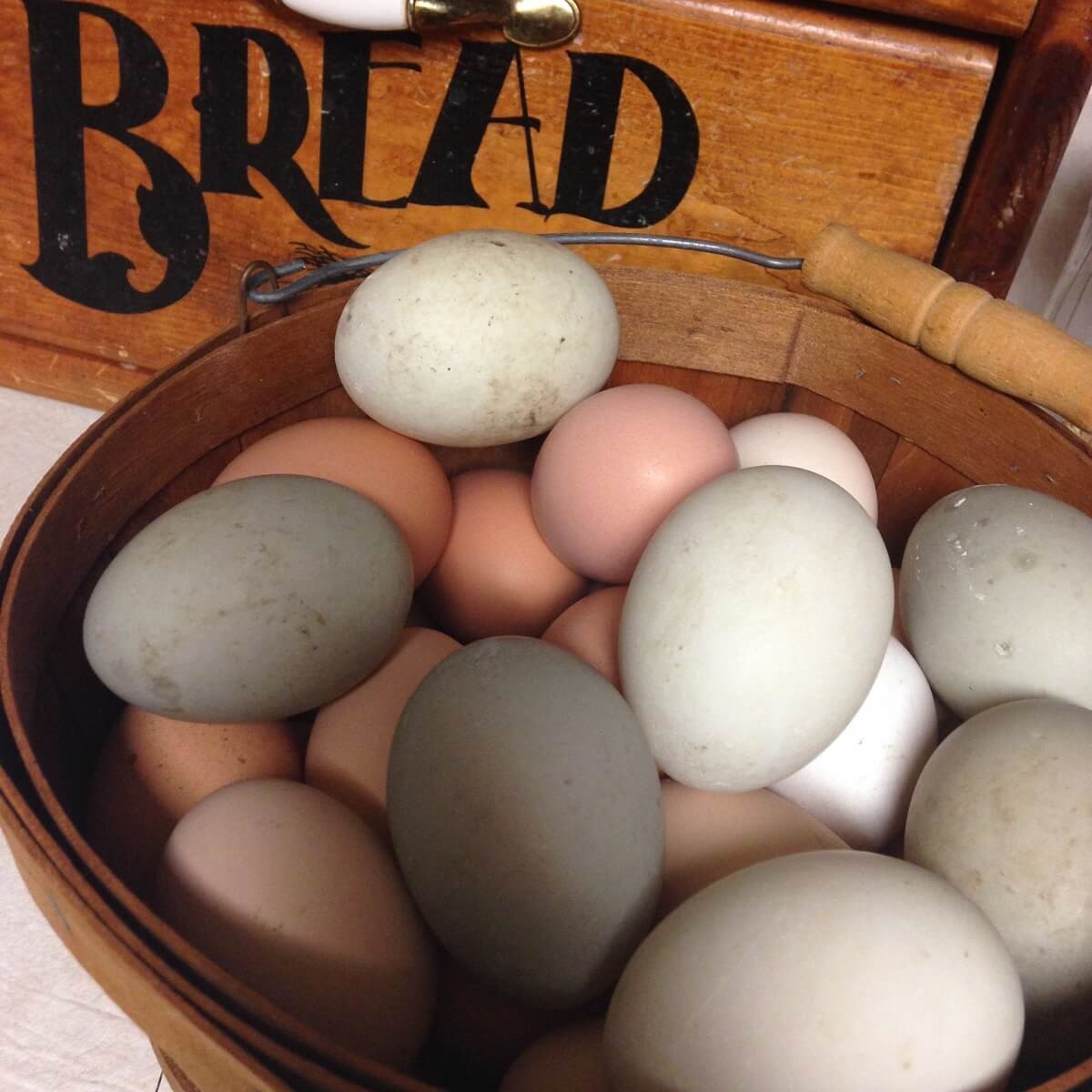


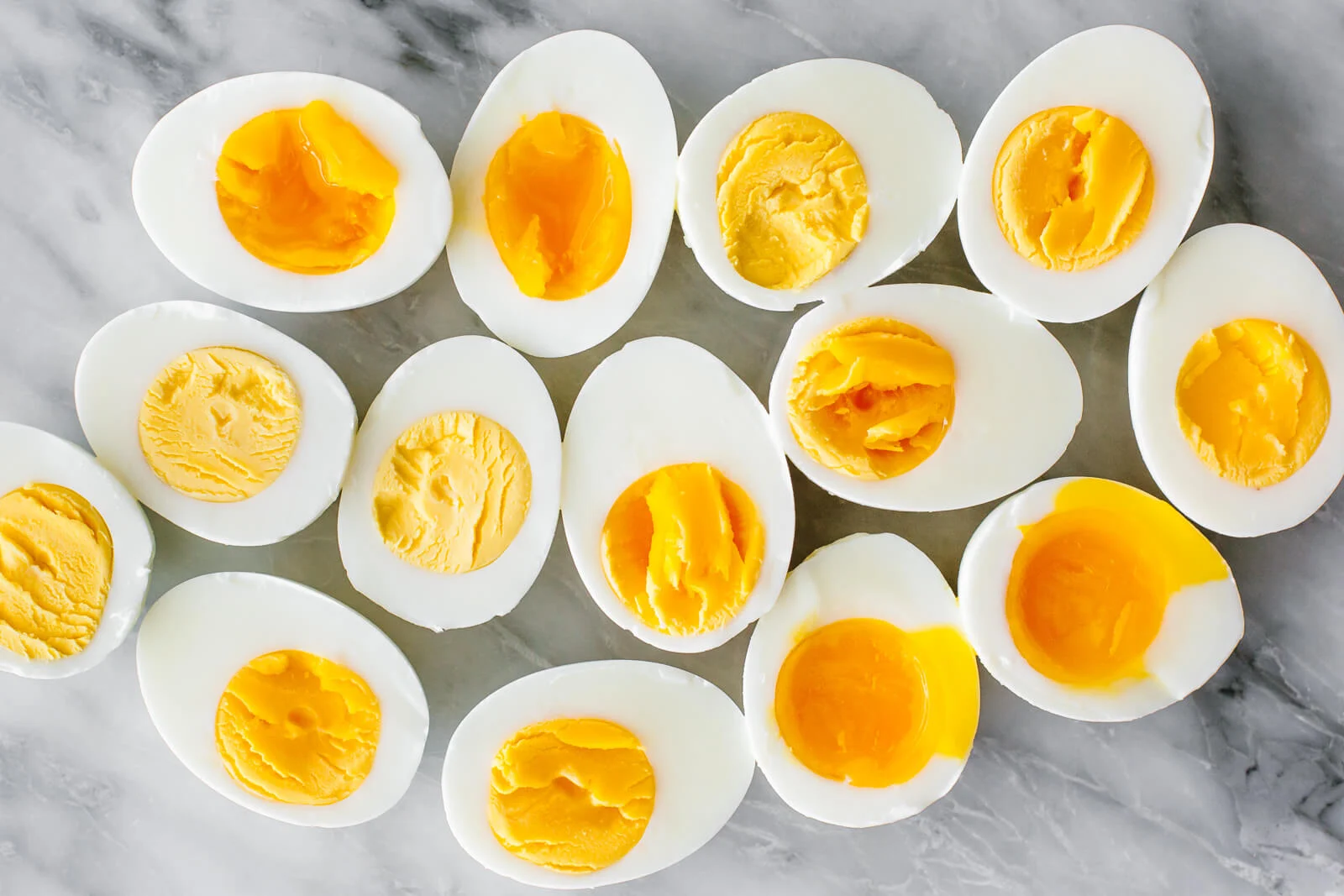
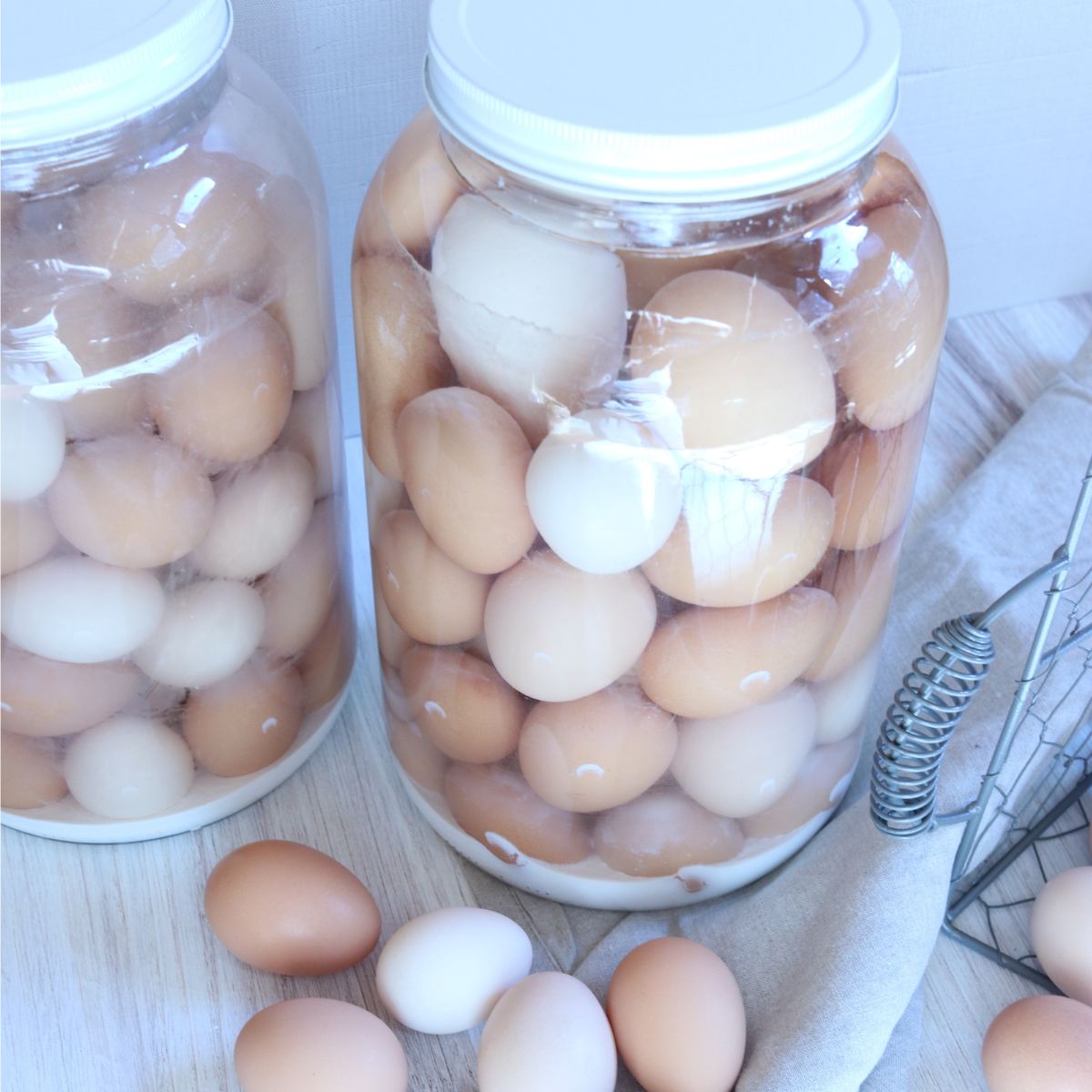

0 thoughts on “How To Store Eggs Properly”